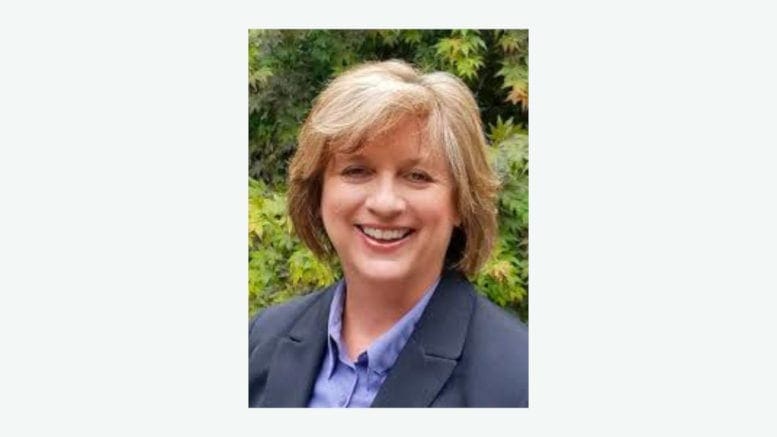By Melanie Dallas, LPC
If you were to browse any online news site or flip through the pages of most health and lifestyle magazines this time of year, you would very likely find an article about New Year’s resolutions. Not only advice for making sensible and realistic resolutions, but also how to keep them and bring about the changes in your life you hope to accomplish by making resolutions in the first place.
Change, of course, can be difficult, and sometimes elusive. In fact, various studies have found that while most people are able to keep their New Year’s resolutions several weeks or months, the percentage of those keeping their resolutions declines steadily after six months. Does ‘slipping up’ once or twice – having a cigarette, eating sweets or missing a day of exercise – make you feel that it is no longer possible, or necessary, to continue to adhere to a resolution you made months ago? If so, you’re not alone.
Being in the behavioral health field, I often think of resolutions in terms of recovery – which is a profound and multi-faceted process of change(s) that can impact almost all areas of a person’s life. The most common New Year’s resolutions are focused on self-improvement, which definitely describes recovery, and it’s not uncommon for people to make resolutions not to drink alcohol or use drugs in the New Year. And if you’ve resolved to stop using substances beginning January 1, I wish for you to be successful and for the long term.
What I like best about New Year’s resolutions is that they are inherently hopeful; anyone who makes a resolution does so with the hope that he or she can change, that things can be different, better. It is hope that motivates action – the type of action that can lead to real and lasting change. Hope is also the key to recovery, from substance use, mental illness and any number of other behavioral health challenges.
In 2004, Jerome Groopman, MD, an oncologist and Recanati Chair of Medicine at Harvard Medical School, published a book called Anatomy of Hope. Based on his years of treating patients with cancer and HIV/AIDS, Dr. Groopman sought to explore the role and impact of hope among individuals facing severe or life-threatening disease (which I can tell you certainly includes severe mental illness and addictive disease). His writing about hope is worth sharing:
“Hope is the elevating feeling we experience when we see – in the mind’s eye – a path to a better future,” Dr. Groopman writes. “Hope acknowledges the significant obstacles and deep pitfalls along that path.” He goes on to say that, “hope gives us the courage to confront our circumstances and the capacity to surmount them.” And, most significantly, “hope…has proved as important as any medication I might prescribe or any procedure I might perform.”
I can’t think of a more powerful perspective on hope. Of course, as imperfect humans, hope will always be important to us, especially if we want to make changes. While we may start the year believing that sheer will and personal discipline will allow us to achieve (and maintain) our resolutions, we may also need the support of others – whether a group of friends, family members, or a professional therapist or substance use counselor – because others can often help us restore hope when it starts to wane.
As we embark on a new year, we are always hopeful, and many of us have already made plans – and resolutions – to make 2023 the best year of our lives. For everyone who is working toward self-improvement – whether physical, mental, social, spiritual, financial or otherwise – I wish you all the best. And regardless of the obstacles you encounter along the way, don’t ever lose hope.
Melanie Dallas is a licensed professional counselor and CEO of Highland Rivers Behavioral Health, which provides treatment and recovery services for individuals with mental illness, substance use disorders, and intellectual and developmental disabilities in a 13-county region of northwest Georgia that includes Bartow, Cherokee, Cobb, Floyd, Fannin, Gilmer, Gordon, Haralson, Murray, Paulding, Pickens, Polk and Whitfield counties.
